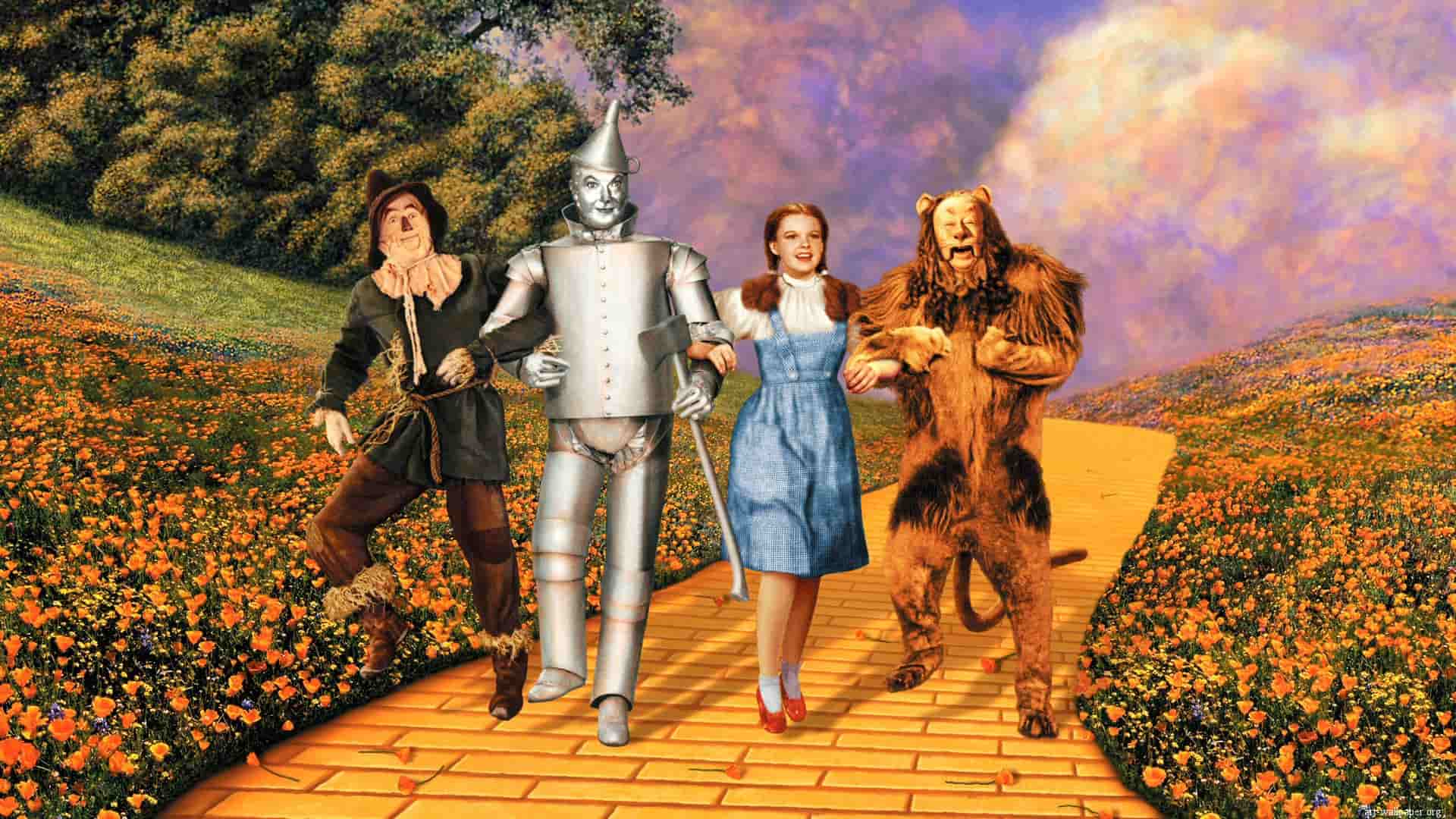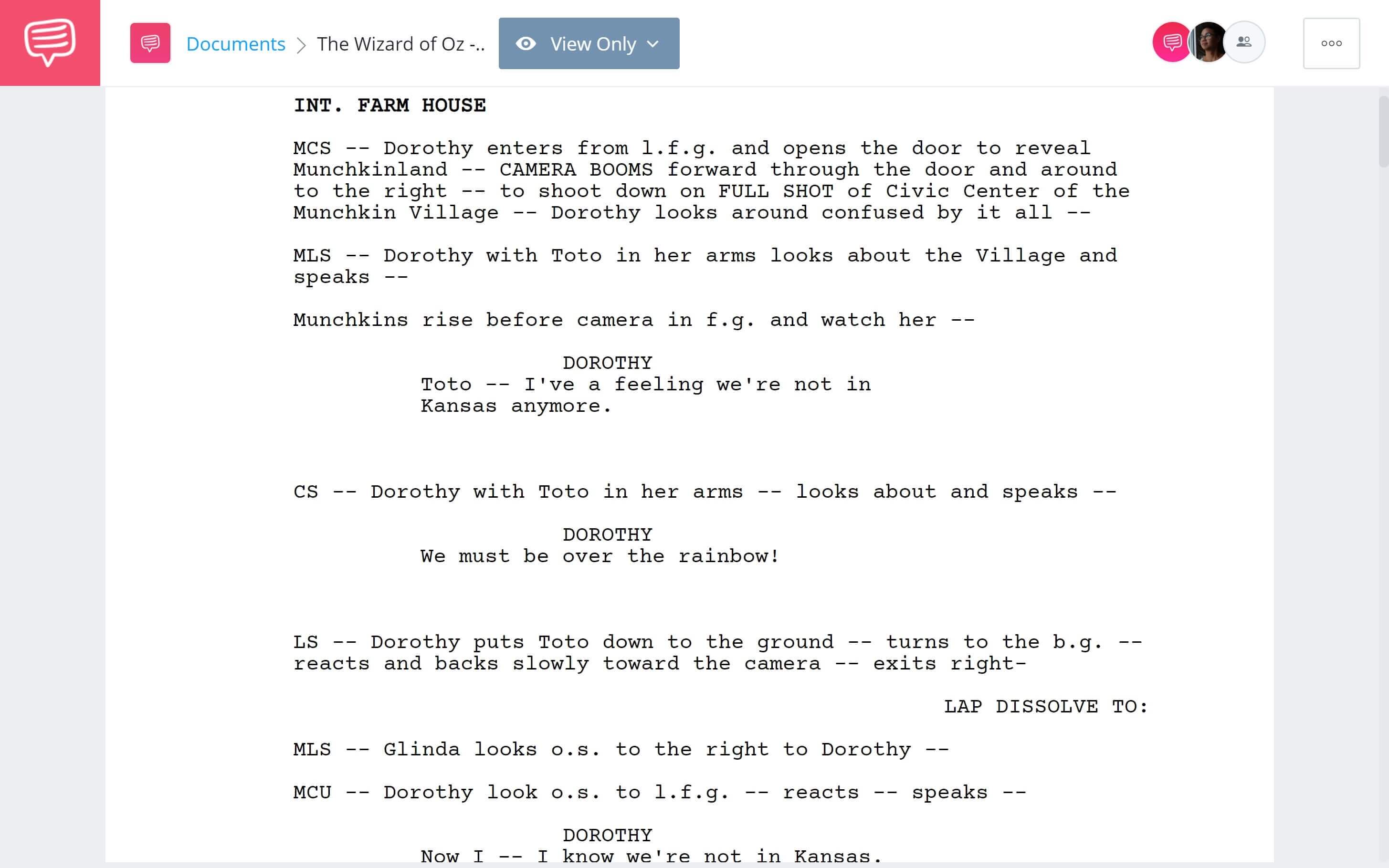Verbal irony can take many forms, each with its own characteristics and purpose. What is understatement? Understatement is a type of verbal irony that turns language into an opportunity to say a lot with a little. Mastering this type of verbal irony is a great tool for any writer looking to bring sophistication and nuance to their dialogue. Let’s define understatement with examples that show just how versatile it can be.
A Brief Overview
Introducing understatement
When it comes to dialogue, having a character say exactly what they mean can be boring. Sure, there are plenty of moments when clarity is the best way to go but verbal irony provides opportunities for subtext.
One way this is done is with understatement, which can applied in many different ways for many different reasons. Before we jump into our understatement examples, we'll begin with a quick definition.
Understatement DEFINITION
What is understatement?
Understatement is when you say something to intentionally downplay what you actually mean. It is the opposite of exaggeration, a more subtle way to communicate how you really feel. If verbal irony is saying the "opposite" of what you mean, understatement is simply saying "less" of what you mean.
Understatement Examples:
- When it's pouring rain and someone says, "Do you think I need an umbrella?"
- If someone has a deathly peanut allergy and says, "Peanuts and I don't have the best relationship."
For a more detailed understatement definition, here's Prof. Lily Sheehan describing how writers like Oscar Wilde have used this type of verbal irony for comedic effect.
Understatement defined
Prof. Sheehan also describes a sub-type of understatement called litotes, which is briefly defined as verbal irony that uses a double negative to describe a positive intent (e.g., "This hamburger isn't terrible!").
Now that we've covered an understatement definition, let's look at some examples to see the myriad of ways it can be used — from comedy to threats and fear.
Understatement Examples
Understatement examples in comedy
Understatement is an ideal vehicle to deliver jokes and one-liners. An understated retort or a snappy comment can really add to the humor. And there is perhaps no better example of this than King Arthur's clash with The Black Knight in Monty Python and The Holy Grail.
When things start going really bad for The Black Knight, his self-assessment is understated to a ridiculous level. What is understatement? Saying "it's just a scratch" when you arm has just been chopped off.
"Your arm's off!"
A Whole New World
Employ understatement for wonder
Everyone knows the fantastical tale of Dorothy Gale who was transported from a simple Kansas farm to the wonders of Oz. As she steps out into this strange new world, her shock is perfectly captured in her iconic line, "Toto, I've a feeling we're not in Kansas anymore."
The fact that she downplays this statement suggests the enormity of her wonder. If she had stated the obvious, it just wouldn't have been that interesting — added to that, it adds a layer of humor as well. It is nuance like this that makes Dorothy's line so iconic. It is #4 on AFI's Top 100 Movie Quotes, after all.
We brought the script for The Wizard of Oz into StudioBinder so you can see how it was written — not just the line itself but how the action description around it informs its delivery.
What is Understatement • Wonder in The Wizard of Oz • Read entire scene
Subtle is Sinister
Understatement examples in drama
“I’m gonna make him an offer he can’t refuse” is a chilling line from The Godfather. The exterior meaning of this line is that Don Corleone will simply negotiate with Woltz but the interior meaning is much more sinister: if Woltz doesn’t agree, he will be murdered.
The way Don Corleone downplays this action with such casualness is what gives it its power.
A threat made with verbal irony
Subtle is Sinister
Add understatement for emphasis
This type of verbal irony can also be used to add a sense of urgency. In this iconic example from Jaws, Brody's line ("You're gonna need a bigger boat") defines understatement. It suggests his internal panic without him actually panicking. He could run around the boat yelling, "We're in trouble! We need help! Oh, my God!" but that's not in his character.
We've seen him calmly dealing with his fear of sharks and the ocean for most of the movie, which makes this understated moment layered with meaning, in line with his character, and perfectly delivered.
Understatement example to convey panic
UP NEXT
Dive deeper into irony
We've covered the basics of understatement but there is so much more to learn. Perhaps your next stop should be overstatement to round out this pair of similar subtypes. If there is a particular form of irony you want to explore further, just follow the navigation below. Each one of these subtypes of irony belongs in every writer's toolkit.

